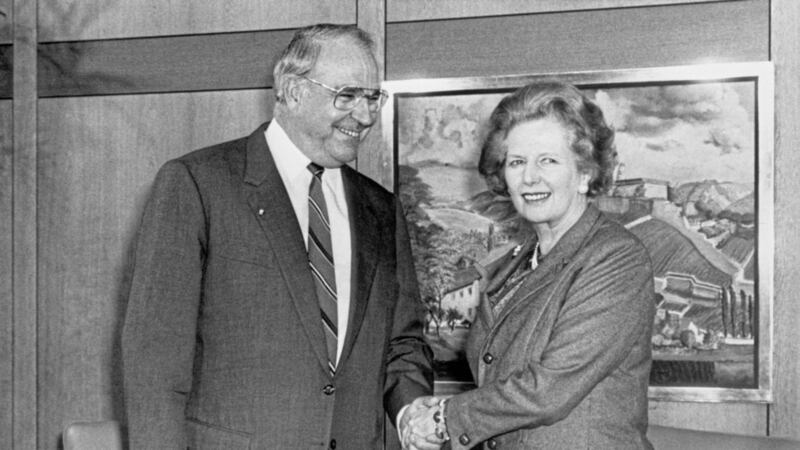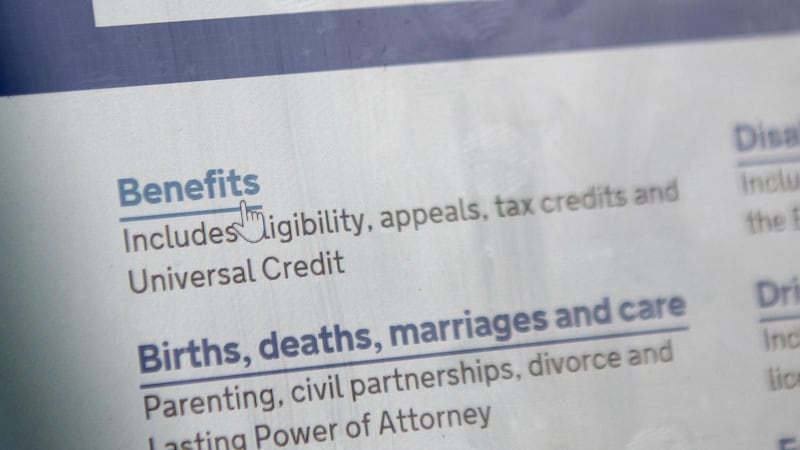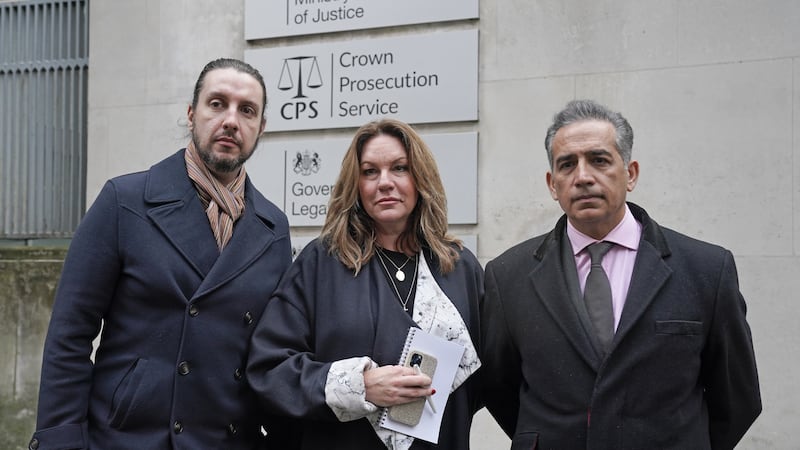MARGARET Thatcher's deep misgivings over the reunification of Germany are laid bare in newly released government papers.
Files released by the National Archives in Kew, west London, show she had to be cajoled by aides into issuing a congratulatory statement following the ending of Germany's partition into two states.
Meanwhile, British officials worked quietly behind the scenes to scupper a planned ceremony celebrating the event to be attended by world leaders.
The fall of the Berlin Wall in November 1989 marked the end of the Cold War and paved the way for communist East Germany to be reunited with West Germany, ending the division that had been in place since the end of the Second World War.
But while the collapse of communism in Eastern Europe represented a triumph for the west, Mrs Thatcher feared a resurgent Germany would dominate the continent.
The files show her concerns ran so deep she even had to be coaxed into making a positive statement when she appeared for a photocall with the West German ambassador on eve of formal reunification in October 1990.
"The key is to get in the words 'friend, ally and partner' (if you can bear it)," Charles Powell, her longstanding foreign adviser, pleaded in a handwritten note.
"Otherwise a message risks being judged negatively, which undermines the only purpose of the exercise."
At Mrs Thatcher's behest, Mr Powell had already helped to ensure that a reunification ceremony planned by German chancellor Helmut Kohl was cancelled.
Well aware that it would not go ahead if US president George Bush snr was unable to be there, he telephoned the White House to say Mrs Thatcher would be quite happy if he stayed away.
"The prime minister wanted the president to know that October 3 would be very difficult for her and she would not at all mind if the president found that he could not attend," Mr Powell noted.
"I added that the prime minister thought that the celebrations were in any case more appropriate for foreign ministers to attend."
Mr Kohl did his best to allay her concerns, promising at one Downing Street meeting to keep her personally informed of his plans "so as to remove any possible sources of misunderstanding or apprehension".
"He would pass on even matters which his vabinet would not know," Mr Powell reported.
However her hostility ran so deep, it even caused alarm bells to ring in Washington - to the intense irritation of No 10.
Bob Blackwill, a senior official in the National Security Council (NSC), told one British diplomat, Andrew Wood, that Mr Bush believed she even wanted an "entente cordiale" with the Soviet Union as a counter-balance to a united Germany.
Mr Powell said she was "flabbergasted" by the suggestion and ordered the Foreign and Commonwealth Office (FCO) to set Mr Blackwill straight.
"If Wood cares to add that Blackwill's innuendo that No 10 is inhabited by a combination of Dr Strangelove and General Curtis B Lemay, in contrast to the cool, rational thinkers of the FCO and NSC, has been greeted with some surprise in view of the prime minister's consistent and successful record of managing east/west relations over the last 11 years, that would be fine with me," he said.




